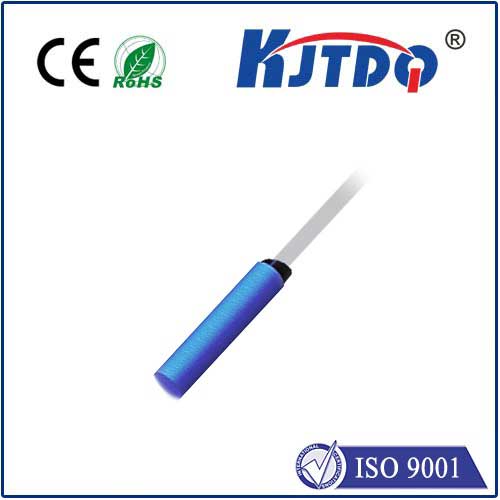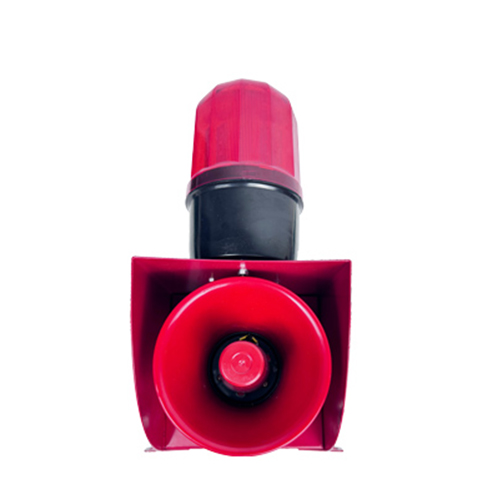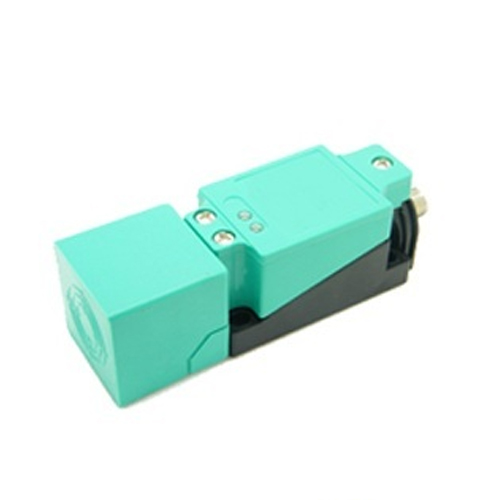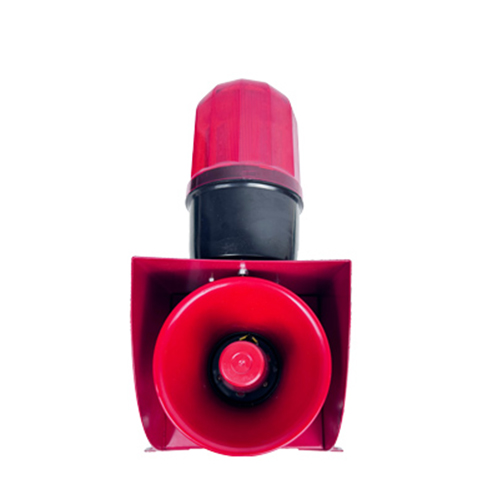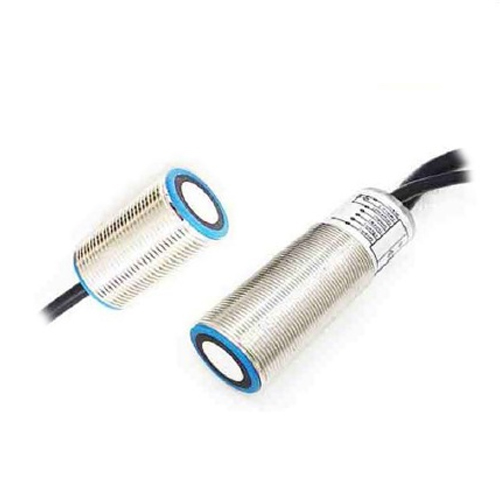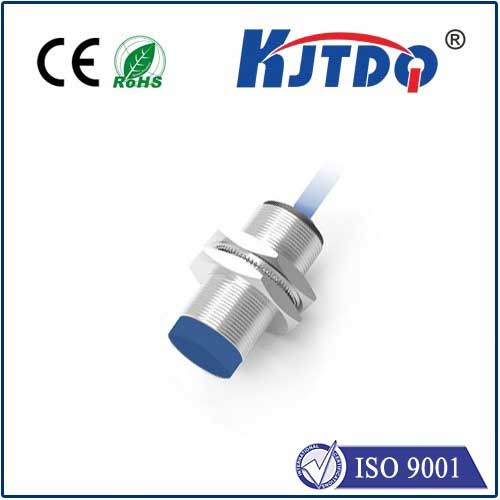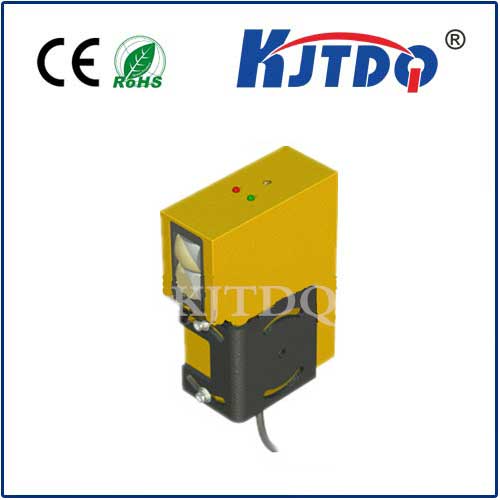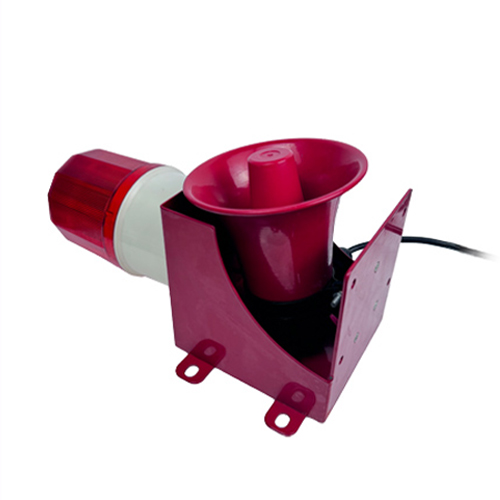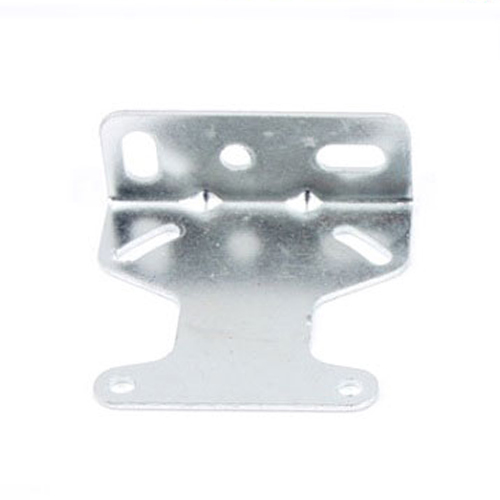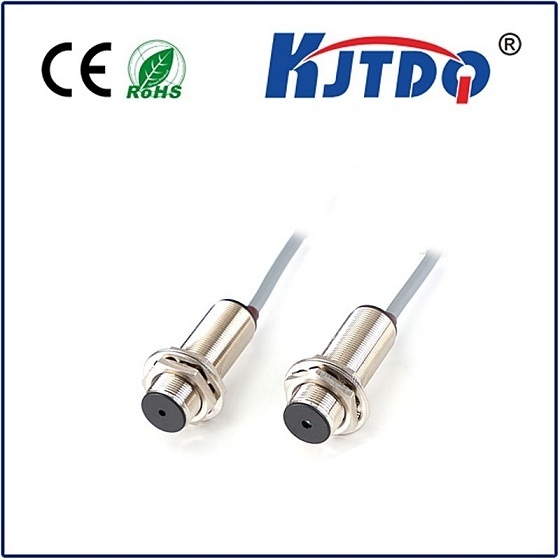Title: Revolutionizing Industrial Processes with Industrial Laser Sensors
In the realm of industrial automation, sensor technology plays a pivotal role in enhancing efficiency, productivity, and safety. One such innovative sensor that has gained significant traction in recent years is the industrial laser sensor. This cutting-edge device leverages the power of laser beams to accurately measure physical parameters in real-time, providing crucial data for various industrial applications. In this article, we will delve into the workings of industrial laser sensors, their diverse range of applications, and how they are transforming industries across the globe.
Industrial Laser Sensors: How They Work
Industrial laser sensors work by emitting a narrow beam of light that is focused onto a target object. The type of laser used depends on the application and the material being measured. For instance, infrared lasers are commonly used in temperature measurement, while green or red lasers are used for distance measurement. Once the target object's reflection or absorption pattern is recorded, the laser scanner analyzes the data to determine the object's position, size, velocity, and other relevant parameters.
Applications of Industrial Laser Sensors
The versatility of industrial laser sensors makes them suitable for a wide range of industrial processes. Some of their most common applications include:

1. Quality Inspection: Industrial laser sensors can be used to inspect surfaces for defects, cracks, or imperfections. This is particularly useful in industries such as automotive manufacturing, aerospace, and electronics production, where precision and quality control are paramount.
2. Measurement and Detection: Industrial laser sensors can be used to measure distances, heights, and positions with high accuracy. This is particularly useful in industries such as logistics, construction, and factory automation.
3. Material Processing: Industrial laser sensors can be used to monitor the processing of materials, such as metalworking, welding, or cutting. This helps optimize operations and reduce waste.
4. Asset Tracking: Industrial laser sensors can be used to track the movement of vehicles, equipment, or goods in warehouses or supply chains. This enhances visibility and improves inventory management.
Transforming Industries with Industrial Laser Sensors
The adoption of industrial laser sensors has revolutionized several industries by improving efficiency, reducing costs, and increasing safety. Some examples include:
1. Automotive Industry: Industrial laser sensors have been widely adopted in the automotive industry for inspection of body panels, paint jobs, and other components. This has not only improved production speed but also reduced the number of quality issues.
2. Aerospace Industry: Industrial laser sensors have been used extensively in the aerospace industry for inspection of aircraft components, spacecraft surfaces, and satellites. This has enabled more accurate inspections without compromising safety or production schedule.
3. Logistics and Supply Chain Management: Industrial laser sensors have helped logistics companies improve visibility and traceability in their operations by tracking shipments and vehicles. This has resulted in better inventory management and reduced losses due to theft or damage.
Выводы
Industrial laser sensors represent a significant advancement in sensor technology that is transforming various industries across the globe. From quality inspection to material processing and asset tracking, these versatile devices are proving invaluable in enhancing efficiency, reducing costs, and improving safety in industrial settings. As research continues to advance this exciting field, it is likely that we will see even more innovative applications emerge in the future.
